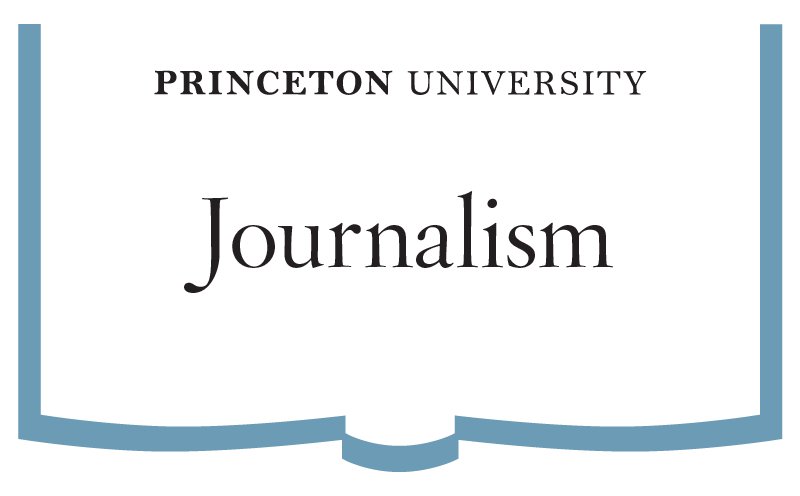Eliza Griswold is the director of the Humanities Council’s Program in Journalism and a Ferris Professor of Journalism. Her latest book “Circle of Hope: A Reckoning with Love, Power, and Justice in an American Church” was published in August 2024 by Farrar, Straus & Giroux.
How did you get the idea for this project?
I was interested in these very ardent and devout young Christians who were living and working as Jesus did, as they imagined. They often lived in the most underserved neighborhoods all over the country, but I wanted to look in particular at Philadelphia, where I’m from.
I was doing a story for The New Yorker about a young evangelical, Shane Claiborne, who started a new community committed to living among and helping people where he still lives. One afternoon, I met Shane in Kensington – the neighborhood in Philadelphia hardest hit by the opioid epidemic. He was melting guns into garden tools, an idea from the Bible: to beat “swords into plowshares.” He was poking the barrel of an AK into forge with members of a church behind him. I asked if he would introduce me, and it was then I met the members of Circle of Hope. I embedded into that community over the past four years.
Why did you want to write this book?
I wrote this book because I wanted to make sure that, in the American religious landscape, we understood that evangelicalism isn’t a monolith. There are so many stories in the mainstream press now about white Christian nationalism and the Christian right. [These stories] are important to trace the evolution of evangelical influence in politics and American culture, but it isn’t the whole story. I wanted to make sure that we were looking at the larger landscape.
How did the project develop or change throughout the research and writing process?
First of all, the story went sideways. What I intended to write and what I wrote are two very different things. What I intended to write was a positive, hopeful story about a funny American subculture that was ardent and real – [administering Narcan to] people in the streets of Philadelphia in the name of Jesus – it was going to be gritty and real, and yet it would be containable. Right? I imagined a smaller book.
Instead, what really happened is, confronted with a pandemic and the murder of George Floyd, this community, which was committed to doing work around them, to addressing the ills of the world, felt called to look inside and examine themselves. That kicked off a massive crisis that led to an awakening and a reckoning inside the church. That’s what the book is about.
What questions for future investigation has the project sparked?
One of the things that I feel very strongly about as a teacher of journalism, as well as a journalist, is that we really need to be crossing lines of difference. It is essential to the project of journalism. We need to understand people who are different than we are, and we need to allow them to be as fully human as they are and to articulate themselves without fitting into the boxes we imagine they fit in. With evangelicals, especially for mainstream media, who’s maybe less familiar with who these guys are and what motivates them, it’s really important that we continue our engagement and exploration of how evangelicalism affects American life.
Why should people read this book?
Why should people read the book? That’s not a question I’m used to answering! I think people should read the book if they are seriously engaged in questions of meaning, or if they are investigating their own religious or spiritual beliefs, because the book is designed for seekers.
Quite honestly, a lot of my friends who have nothing to do with church and don’t really like reading about religion, have dutifully read this book and come back to me and said, “This book has nothing to do with church, it has to do with the social crisis of our time.” Because so many of us are inside communities that are fracturing, that are trying to figure out what good and bad mean, that are fighting over these [questions]. That’s really what this book is about.
Read reviews of the book from The New York Times, The Boston Globe, and The Washington Post, and view an interview with Griswold on MSNBC’s Morning Joe.
Learn more about other publications by Princeton University faculty in the humanities by exploring our Faculty Bookshelf.













